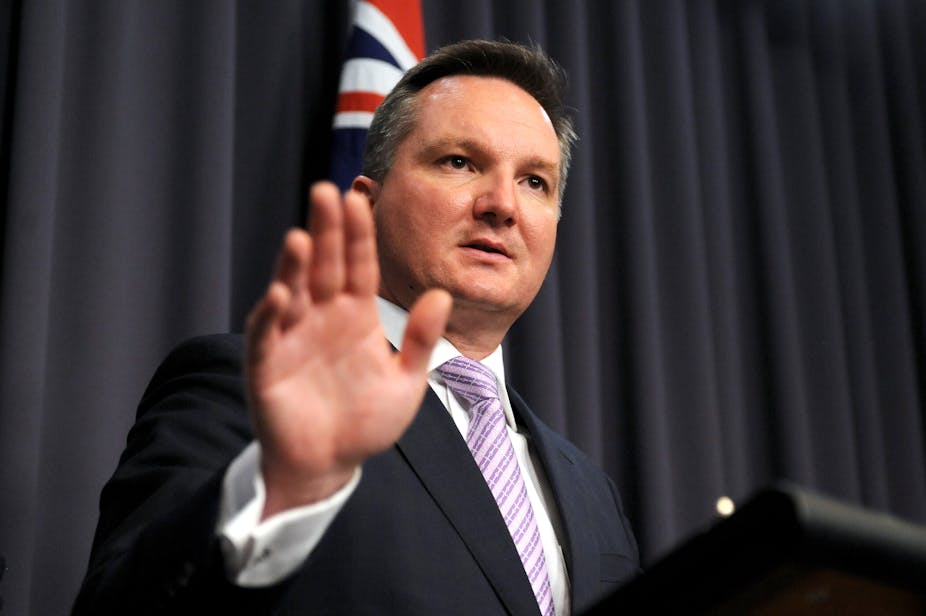The circumstances of unaccompanied minors are barely addressed by the Houston report on asylum seekers.
There is one reference to “vulnerable persons”. This is in the context of transferring those with “special needs” or who are “highly vulnerable” to Australia rather than being left in Nauru or PNG.
The report does not give examples or definitions of what “special needs” are or who qualifies as “highly vulnerable”. In one sense, this is better than a restrictive definition as it provides some flexibility for cases of people who may need special services which are unlikely to be available in Nauru or PNG.
In an attachment, the authors recommend that the Immigration (Guardianship of Children) Act 1946 be amended to provide “that the Minister’s consent is not required for a non-citizen child to be taken from Australia to another location for the purpose of processing their asylum claims”.
The expert panel state that “oversight of arrangements for minors” would be possible through the Parliament’s power to disallow the instrument designating a country as a regional processing location.
It is surprising that the expert panel did not directly address this very important issue in the report at all, and restricted comment to two paragraphs in attachment 10.
My minister, my keeper
Currently, the Minister for Immigration, Chris Bowen, is the legal guardian for unaccompanied minors under the Immigration Act (Guardianship of Children) 1946. It is possible for the minister to delegate the guardianship role to state or territory ministers who have responsibility for welfare matters.
A significant minority of unauthorised arrivals over the past five years have been minors. There have been practical issues such as accurately determining the age for unaccompanied minors, especially when the minor in question does not know their true age. This is not uncommon among some communities such as Afghans from regional areas where birthdates are not recorded and a different calendar is used.
Not surprisingly, the department has sought to find ways of caring for minors outside of detention, especially given the well-known damaging effects of prolonged detention on asylum seekers. So when the “Malaysian Plan” was agreed in 2011, one of the concerns of advocates was whether minors would be forcibly returned to Malaysia and who would care for them there. This featured in the M70 case in the High Court which effectively ruled out the plan.
The second plaintiff in that case, M106, was a minor. M106 argued that they could not be removed to Malaysia unless their guardian, the minister, had given consent in writing. Such a decision is reviewable under the Administrative Decisions Judicial Review Act 1977 (ADJR Act). The ADJR Act requires written reasons be given and such reasons are reviewable in the Federal Court. It is likely that matters such as “the best interests of the child” and possible issues under the UN Convention on the Rights of the Child would arise in such proceedings.
The High Court held that as no written consent had been given, M106 could not be removed, apart from the fact that the “Malaysian Plan” declaration by the minister was found to be made in contravention of the human rights protections set out in the Migration Act.
Hence the need to amend the Immigration (Guardianship of Children) Act to enable the forced removal of minors to Nauru, or wherever they would be sent. Otherwise each minor would need a written consent by the minister, and such consent would be reviewable in the Federal Court on grounds wider than those that apply to judicial review of Migration Act decisions.
More than a minor omission
Given the major significance of a recommendation that minors be stripped of protection under the Guardianship of Children Act, it is astounding that the expert panel did not address this issue and made a sweeping recommendation to abolish the existing protections.
This has not featured in the political debate very much.
Sadly the current political environment seems unlikely to deal with the “best interests of minors” in the rush to implement the Panel’s 22 recommendations. An issue which affects basic human rights for minors deserves more serious and informed debate.

